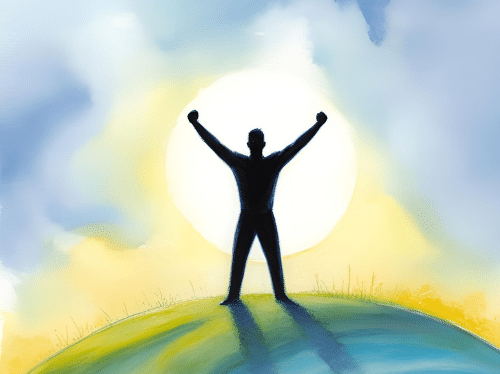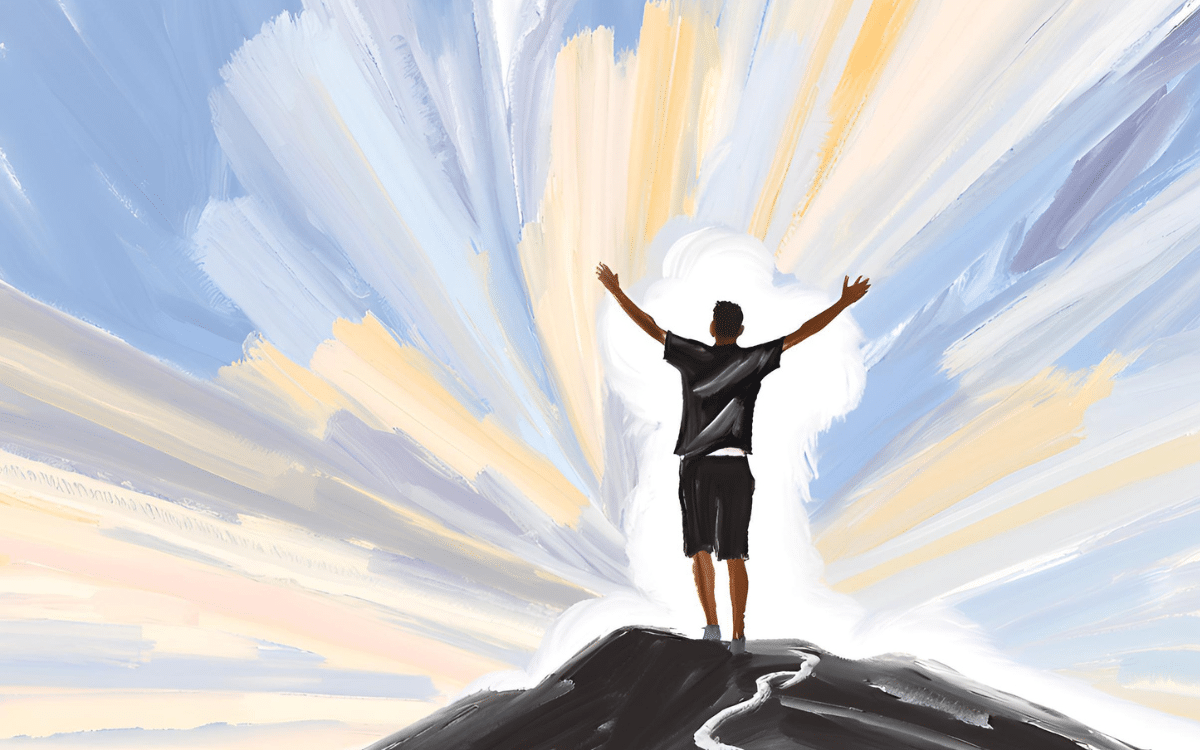Recreational therapy at Lifeskills
At Lifeskills, we recognize that true recovery extends beyond traditional therapy. Our comprehensive recreational therapy program integrates movement, mindfulness, and creative expression to promote emotional resilience, physical well-being, and social connection. Through structured activities, clients develop healthy coping mechanisms, reduce stress, and enhance their overall well-being in a supportive and therapeutic environment.
What are the key benefits of recreational therapy?
Recreational therapy plays a vital role in the recovery process, offering numerous benefits that promote overall well-being and long-term healing, including:
Supports overall physical health – Regular movement helps prevent chronic illnesses, improves sleep quality, and increases energy levels.
Reduces anxiety + depression – Physical activity and creative expression stimulate the release of neurotransmitters like serotonin and dopamine, which improve mood and alleviate symptoms of anxiety and depression.
Enhances cognitive function – Activities that require focus, coordination, and problem-solving can sharpen cognitive abilities and improve overall brain health.
Boosts self-esteem + confidence – Achieving personal goals in recreational activities fosters a sense of accomplishment and self-worth.
Decreases social isolation – Group activities encourage social interaction, build trust, and strengthen communication skills.
Manages stress more effectively – Recreational therapy provides healthy, sustainable outlets for stress relief, reducing reliance on maladaptive coping mechanisms.
Frequently Asked Questions
What is recreational therapy?
Rooted in the belief that healing extends beyond traditional therapy, recreational therapy harnesses the power of movement, creativity, and social engagement to promote recovery. Activities can range from physical exercise and yoga to outdoor adventures and art and music therapy.
Exercise and creative expression stimulate neuroplasticity, the brain’s ability to form and reorganize neural connections. This helps individuals recover from trauma, addiction, and mental health challenges. By incorporating movement and experiential therapies into treatment, individuals can gain immediate relief and develop long-term strategies for managing stress and enhancing emotional well-being.
Recreational therapy is integral to a comprehensive treatment plan that helps individuals rediscover joy, confidence, and motivation in their recovery journey.
How does recreational therapy support recovery?
Recreational therapy is a powerful, evidence-based tool for mental health recovery, fostering emotional resilience, improving physical well-being, and enhancing social connection. Engaging in structured recreational activities helps individuals develop healthy coping mechanisms that promote long-term stability and emotional regulation.
What We Treat
For over 35 years, Lifeskills has led the way in personalized, expert-level treatment for mental health and substance use disorders. Our evidence-based programs and clinical pathways are tailored to each client’s needs, helping them regain self-esteem and seamlessly transition back into their families, careers, and lives with the highest level of support and care.



